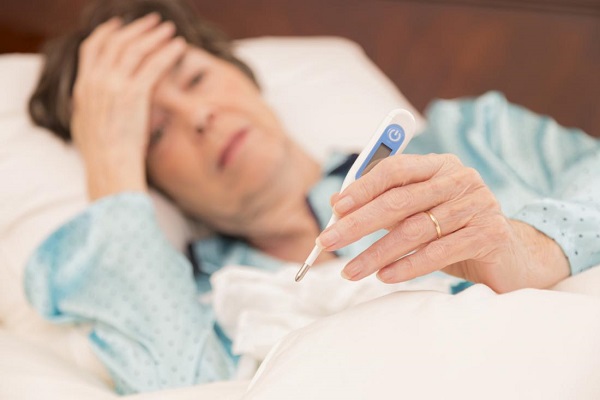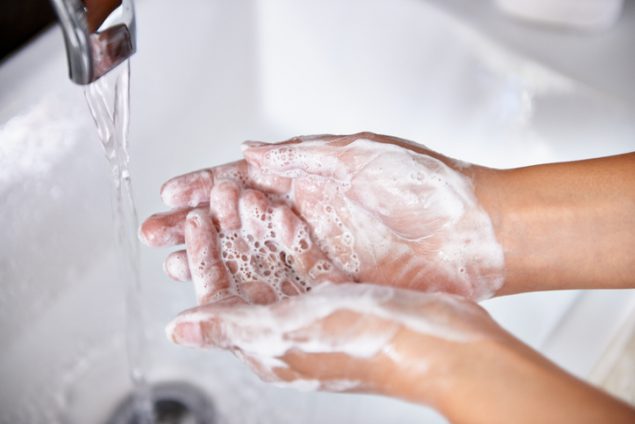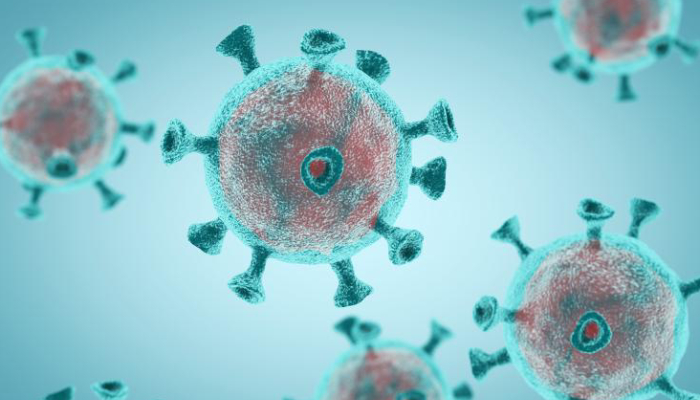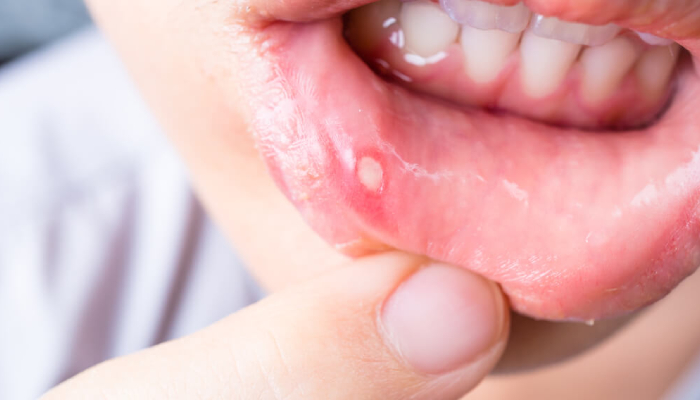All you need to know about Coronavirus and COVID-19

Bacterial and viral infection symptoms
January 8, 2020
The Most Common Viral Infections Around
January 12, 2020COVID 19 has put the entire world into a pause. The disease’s infectious nature and the extent of spread have compelled every country to implement severe restrictions to stop the spread. What is a coronavirus, and how deadly it is? How can you protect yourselves from the virus? Read everything you need to know about COVID 19 in the following sections.
What is COVID-19
COVID 19 was initially identified as an unknown case of pneumonia in China’s Wuhan province in December 2019. In January 2020, it was declared as a public health emergency of international concern by the world health organization. The WHO and every country have been ever since trying to contain the infectious disease by implementing curbs in their areas and boosting research. The countries have ramped up the testing and research programs, closed down every public system like travels, schools, offices, and even postponed major sports events like Olympics to stop the spread of this contagious virus. The following sections will help you to understand the coronavirus and how could you protect yourselves from COVID 19.
Read More About : Things To Know About Antibiotics And Viral Infections
Understanding coronavirus
Coronavirus is the family of viruses that causes different types of infections ranging from the common cold to significantly deadly diseases like Severe acute respiratory syndrome (SARS) and Middle East respiratory syndrome (MERS). COVID 19 is the new disease discovered caused by a coronavirus. The disease is believed to have originated from China’s Wuhan province, though it is still unclear how humans were infected with SARS-CoV-2.
SARS-CoV, the virus that caused the deadly SARS outbreak in 2003, was identified to have spread from animals to humans. Though it is believed that SARS-CoV-2 is also spread similarly, the studies have not still established the real cause. Researches across the countries have ramped up to find out the source as the information is critical to stop further outbreaks.

Symptoms of Covid19
The symptoms of COVID 19 may not show immediately as the “incubation period” for the disease falls between 1 to 14 days. The incubation period is the time taken to show the symptoms after the contraction of the virus. The studies are still going on to confirm the incubation estimates.
The symptoms of Covid19 are mild initially and grow gradually. About 80% of the COVID-19 patients recover from the illness without requiring any specialized treatment. But the remaining 20% are severely affected and can have aggravated symptoms. Patients, especially older people and others who have chronic medical problems like diabetes, high blood pressure, or severe heart problems, are likely to develop serious complications. Following are the most common symptoms of COVID-19:
- Fever, dry cough and tiredness are the most common symptoms
- Some patients have also shown symptoms like nasal congestions, sore throat, runny nose, diarrhoea, and body aches.
- Patients with medical problems like heart diseases, diabetes or high blood pressure are probably the potential ones to get severely affected.
- Individuals who show symptoms like severe breathing difficulties, fever and cough should seek medical help immediately.
How does coronavirus spread?
The main reason for the spread of COVID-19 is in contact with people who have the virus. The infected person is likely to spread the virus while coughing or exhaling. The uninfected person who is exposed to the droplets exhaled from the mouth and nose of a COVID-19 patient is very likely to contract the disease. The contact happens mostly when
- The droplets fall on the surfaces or subjects, and the uninfected people touch on those surfaces. The virus enters the body when they touch the mouth, eyes, or nose.
- Uninfected people breathe in droplets exhaled or coughed out by the COVID 19 patients.
- Hence, the main reason for the virus spread is the coughing out droplets by the infected person
From asymptomatic people
Though the chances of the contracting virus from people who show no symptoms are low, it is always advisable to maintain safe distancing with everyone. The infected people have shown only mild symptoms initially like mild coughs and negligible tiredness. Studies are ongoing to find out the transmission period of COVID-19.
Does it spread through air or faeces?
Though the studies until now suggest no confirmed findings of coronavirus spread through the air, it is advisable to maintain a safe distance while socializing to avoid coming in contact with respiratory droplets.
Likewise, the spread of COVID-19 from the faeces of patients is also found to be less. Studies until now show that the faeces are not the cause for the outbreak. However, to minimize the risks, it is recommended to wash hands well before having food and after using bathrooms.

Protection from Coronavirus
Following are some simple precautions to be taken to minimize the chances of being infected:
- Clean your hands regularly with soap and water or alcohol-based sanitizers
- Maintain a minimum distance of 3 feet or 1 meter between people who are sneezing or coughing
- It is advisable not to touch eyes, mouth and nose, as the hands are most likely to get contaminated easily
- Ensure that you also follow necessary respiratory hygiene like covering your mouth with a tissue or bent elbow while coughing and sneezing. Dispose of the tissues properly.
- Stay at home compulsorily if you have symptoms like flu, breathing troubles or cough. Seek medical help if symptoms aggravate.
- Since most of the countries are locked down as a curb measure, everyone should follow the instruction of authorities and stay at home.
- Always be aware of up to date information about Covid19 hotspots and avoid travelling unless it is imperative
Use of mask or guidelines for its disposal
WHO recommends using disposable masks only by the infected persons and the ones who are looking after the patients, as there is a shortage of facemasks worldwide. If you are using a mask, ensure that you follow proper instructions and dispose of that in a closed bin after use. Some authorities are also recommending the use of homemade cotton masks for daily use.
Protection measures for people who have visited Covid19 hotspots
- Call in authorities to inform your recent travel history in advance. This will help the concerned authorities to direct you to the proper health facilities.
- Follow all the general guidelines and compulsorily self-isolate at home for at least two weeks
- If you develop symptoms, contact the medical helplines immediately
Treatment
Until now, there is no known medicine or vaccine to treat Covid19, though some countries follow traditional or home remedies to reduce the symptoms. Several clinical trials are going on to find out the ideal treatment practice and vaccines for Covid19. Antibiotics do not work on coronavirus and should not be used as a preventive measure according to WHO.
Common queries and preventive measures
Following is a compiled list of possible solutions for some COVID 19 related queries
- Infections from animals have not been confirmed yet, but it will be good practice to follow necessary hygiene practices while handling animal products and even your pets.
- The possibilities of the contracting virus from packages are very less as they are exposed to various temperatures and conditions while transporting.
- The chances of infection from banknotes or coins are not yet confirmed. Still, the chances of the virus to be active on surfaces makes it highly risky and hence, following hygiene practices is utmost the necessity at this time.
- While groceries shopping follow one meter, distance and sanitize the products after the purchase. Wash your hands properly after handling the products. Likewise, wash the vegetables under water thoroughly.




